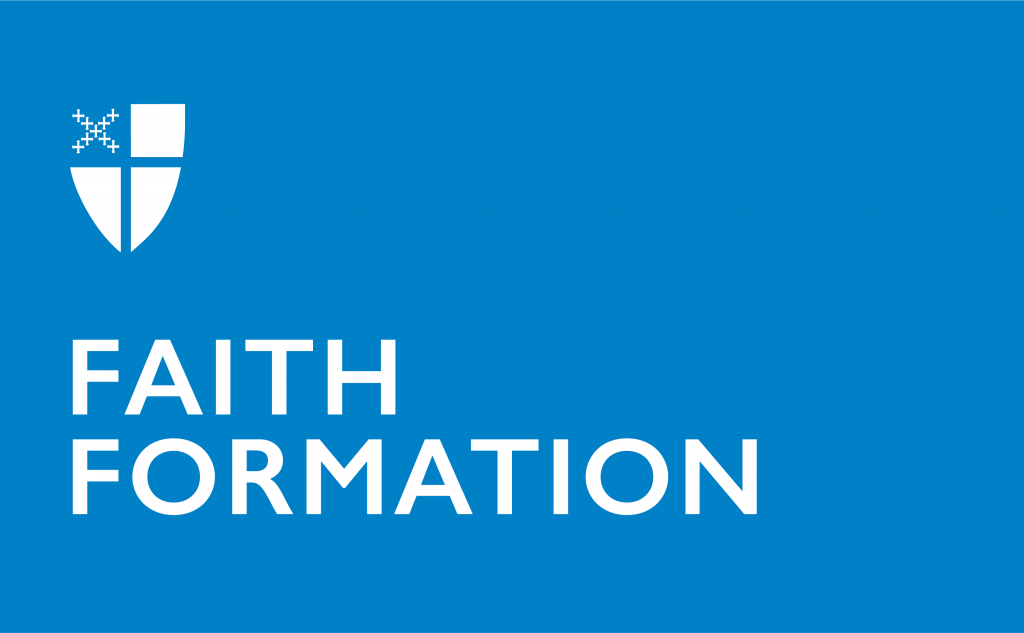Suicide Prevention Education Available for Church Leaders Working with Identified High Risk Groups
The statistics on suicide rates in the United States are devastating. According to the Centers for Disease Control and Prevention (CDC), suicide is the 10th leading cause of death in the United States overall, the second leading cause of death for ages 10–34, and the fourth leading cause for ages 35–54. In fact, the suicide rate has increased 35% over the past 10 years, from 10.5 per 100,000 to 14.2. (https://www.cdc.gov/nchs/products/databriefs/db362.htm)
Recognizing this, the General Convention passed Resolution No. 2018-C014, confirming that “clergy and adults who work with youth are often on the frontlines of suicide prevention” and resolving that “the institutions and diocesan programs that educate Priest and Deacons be encouraged to offer four (4) hours of suicide prevention education, using evidence-based trainings, for its students, and that dioceses offer similar suicide prevention training for their clergy and adults who work with youth.” A total of $75,000 was allocated to this initiative.
In September 2019, the Department of Faith Formation convened a diverse working group tasked with finding resources and providing advice on how to go about establishing an educational training program for suicide prevention. To continue to learn more about existing trainings, the Department offered a local Mental Health First Aid training for leaders working with youth and young adults and collected feedback on this day-long educational offering. The consensus was that although the program was informative it was not focused specifically enough on suicide prevention.
This working group met again in September 2020 to consider next steps, especially in the midst of the growing concern over newly released data from the CDC indicating that according to the results of a nationwide survey conducted during the last week in June 2020, 40 percent of those who responded reported symptoms of anxiety or depression or increased substance use, in addition to other struggles. And more than 10 percent said that they had seriously considered suicide in the past 30 days, compared with just over 4 percent who said the same thing in 2018. (https://www.cdc.gov/mmwr/volumes/69/wr/pdfs/mm6932a1-H.pdf)
Recognizing that response is time-critical, the Department of Faith Formation considered several online trainings that could be delivered quickly and effectively to help get Episcopal Church leaders trained in how to recognize and respond if an individual is considering suicide. After testing several programs, the Department entered a partnership with LivingWorks, a nationally-recognized suicide prevention training organization that offered a 90-minute online training program that would serve as a “quick start” on suicide prevention for church leaders working with youth and young adults, as originally identified by 2018-C014, as well as several other high-risk groups, including leaders working with veterans and the LGBTQI+ population.
“The training was very helpful in terms of reminding me of the signs of people who are in crisis and providing examples of helpful conversation techniques for engaging with persons in crisis,” said The Rt. Rev. Phoebe A. Roaf, Bishop of the Diocese of West Tennessee.
“When I heard about this course, I wanted to take it,” said Presiding Bishop Michael Curry. “In a short time and in clear, simple and practical ways, this course was helpful for both recognizing thoughts of suicide and for having immediate resources for providing practical support. That is enormously helpful to me as a person and as a pastor.”
“I used what I learned in the training to help a mother who was worried about her adult son, telling her that she needed to specifically ask him if he’s thinking about suicide,” said the Rev. Canon Portia Corbin, Canon for Formation for the Episcopal Diocese of South Dakota. “Without the training, I would not have been equipped or comfortable talking to her so openly about it.”
The importance of mental health and suicide prevention cannot be understated, especially as the COVID-19 crisis continues. In early 2021, the Department of Faith Formation quadrupled the number of training sessions available from 250 to 1,000. Currently, these trainings are available to all church leaders working primarily with those most at risk such as youth, young adults, veterans, BIPOC, and LGBTQI+ populations.
If you have questions about the trainings or are a church leader working with any of the identified high-risk communities, please email the Department of Faith Formation of The Episcopal Church for additional information, formation@episcopalchurch.org.

